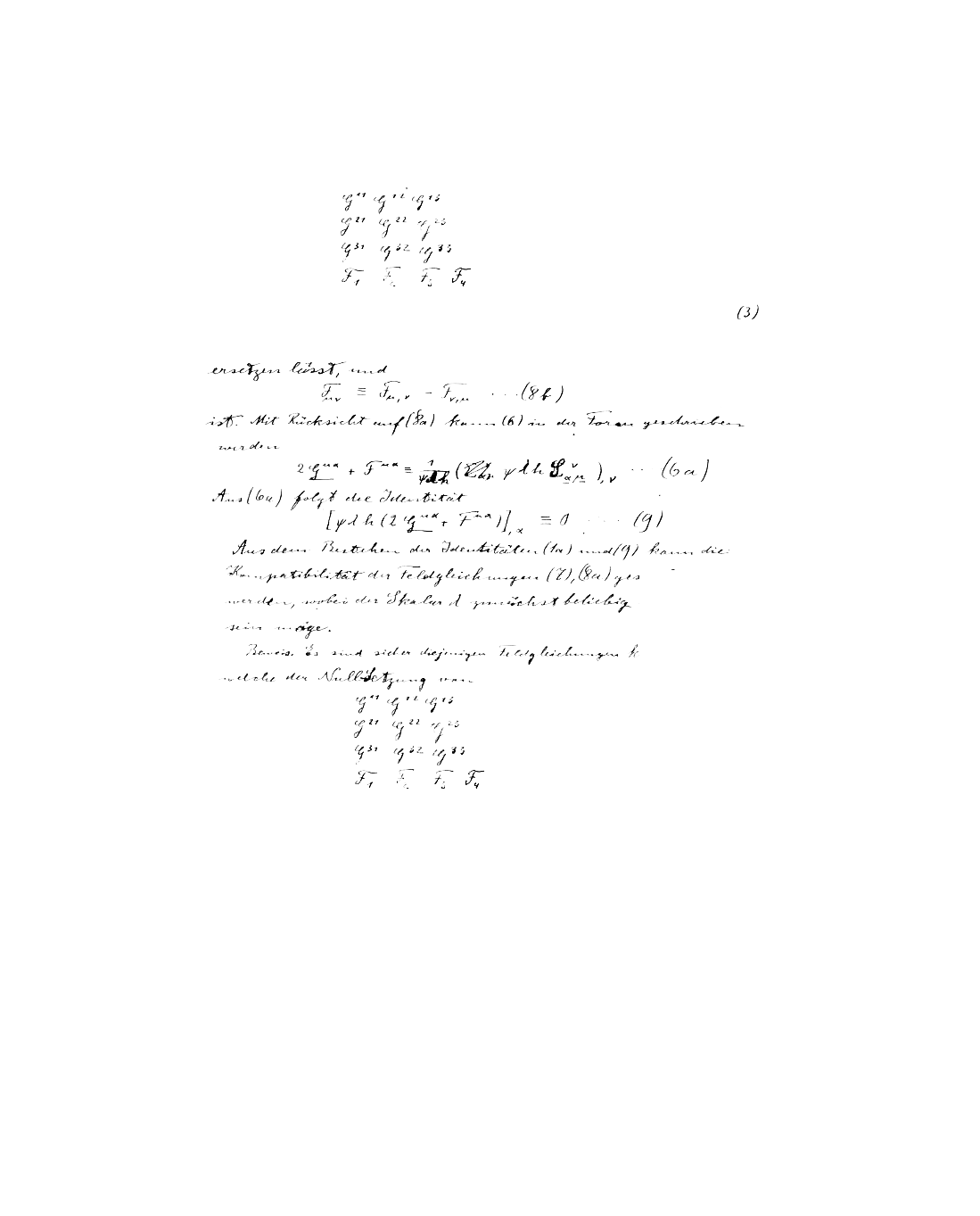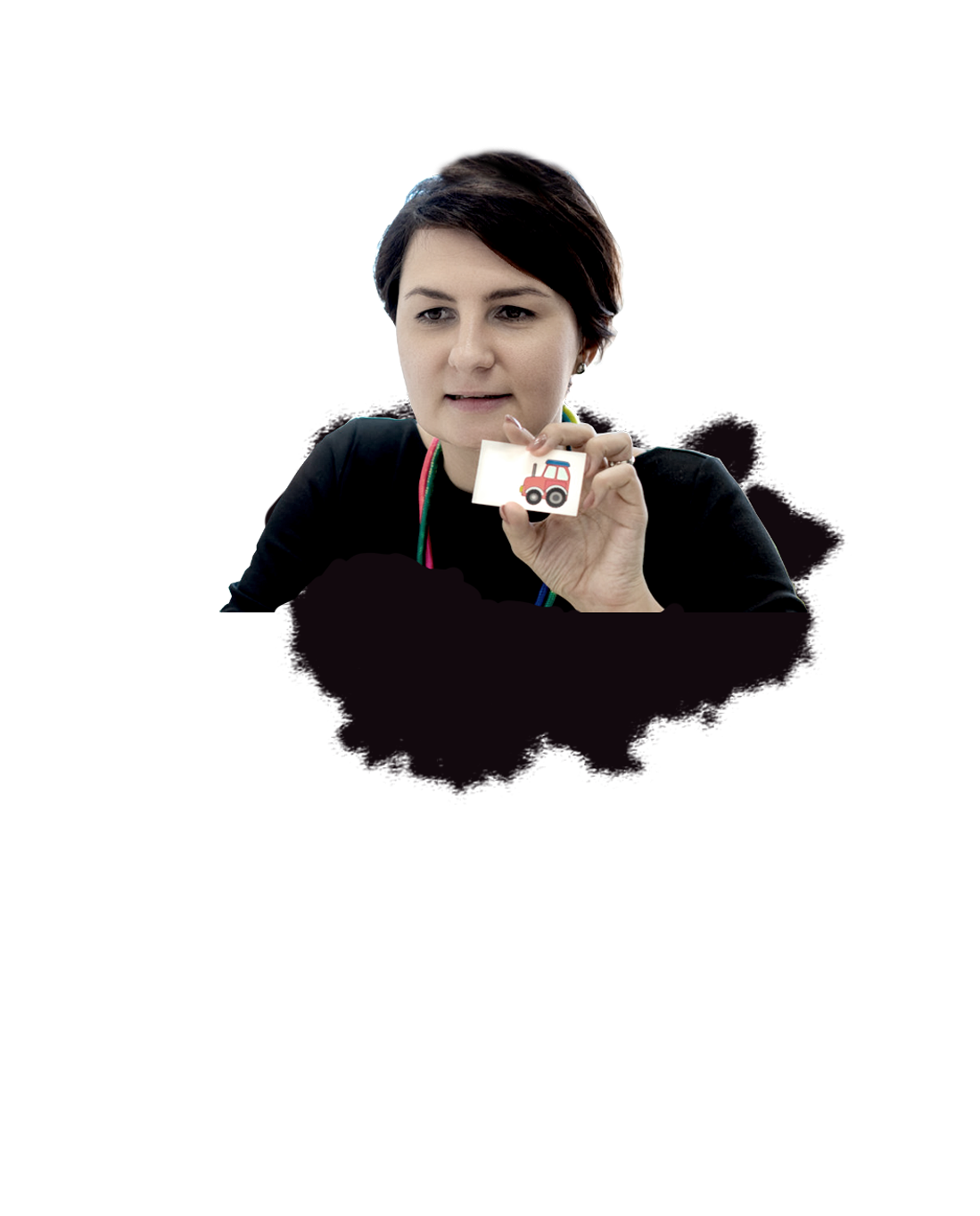The Challenge
In the United States, 95% of teachers have had students designated for special education services or accommodations in their classrooms. Many educators lack the knowledge and skills needed to design and assess learning for the wide range of students they teach. Meanwhile, 48 states report severe shortages of special educators. Compounding the lack of prepared teachers are systems that don’t talk to each other and research that doesn’t make it into practice. All of these factors contribute to dismal graduation rates and limited post‐secondary options for children with diverse needs. In turn, that translates to under‐employment and lifelong limitations.
Further, research about learning differences has historically been siloed with minimal links to psychiatry, general education, neuroscience, learning sciences, technology, humanities, and policy. As a result, there is a shortage of innovative solutions that draw upon multiple disciplines, despite the catalytic potential of new technologies. Only a few major research universities are working on interdisciplinary discovery and development. Rapid advances in learning science, implementation research, and systems change enable new ways to realize the potential of children with learning differences.
Our Solution
With strength across disciplines and infrastructure for cross-disciplinary collaboration, the Learning Differences Initiative is uniquely poised to break down barriers in the fields addressing learning differences. By catalyzing interdisciplinary research, we advance discovery, design inclusive solutions, prepare educators, and mobilize knowledge to improve learning opportunities for students facing learning challenges.





